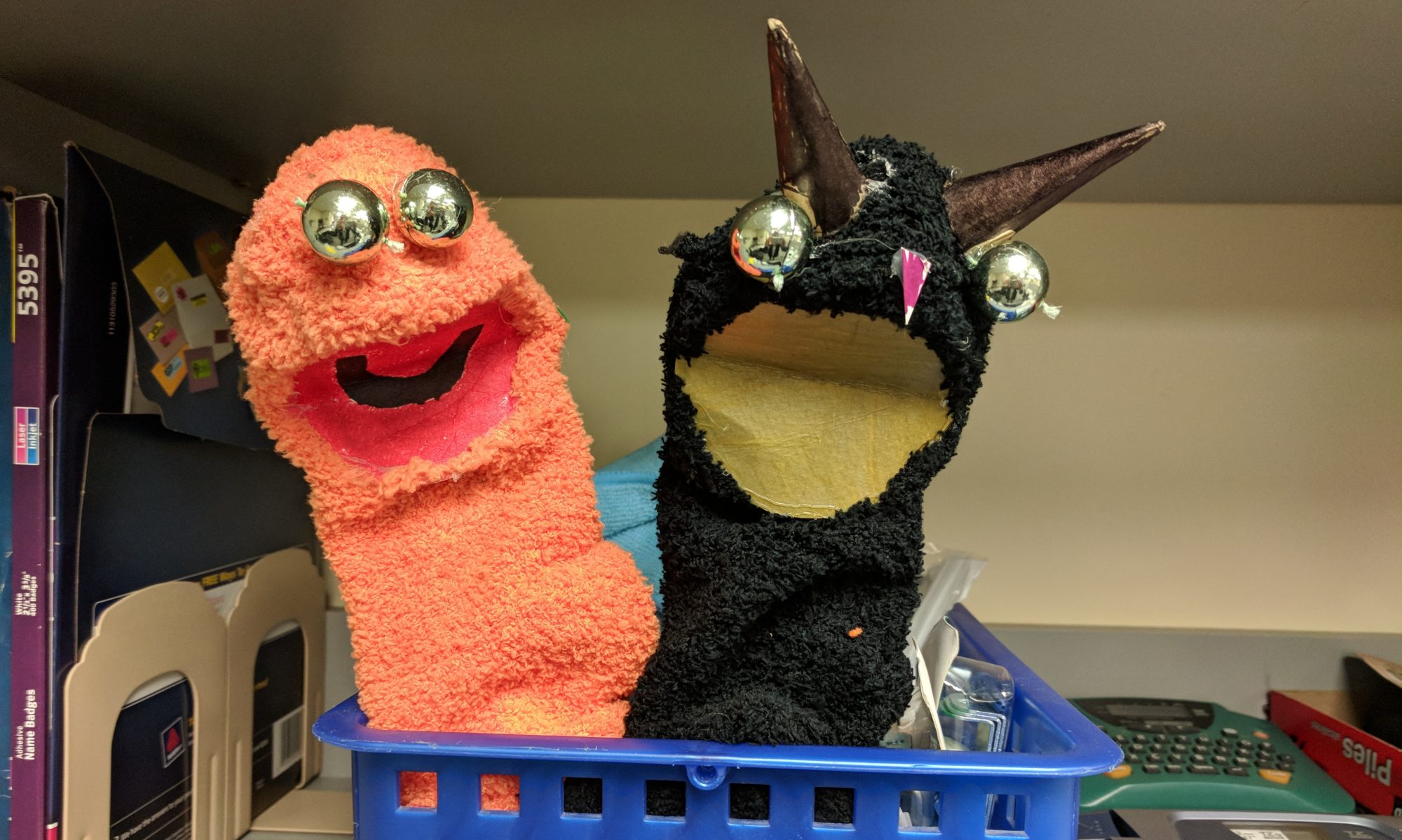The latest Creative Therapy Session podcast featured a topic that I have always been interested in, but always felt hesitant to bring up during my schooling. I felt that the idea of conducting art therapy sessions online would have been a taboo topic in a program that emphasized the presence of the therapist with the client in order to foster a therapeutic relationship, not to mention the fact that I had no idea how one could go about making artwork online.
In this fourth episode of the podcast, Melissa Solorzano, ATR, interviews Kate Collie, PhD, ATR, RPsych, about the work she does in the emerging field of cyber counseling and the way she combines tele-therapy with art therapy. During the interview, Melissa and Kate discuss many of the questions described above and more.
Thank you Melissa for getting this interview! I believe that cyber therapy is a field that is not only emerging, but is here to stay and will only grow bigger, and for this reason its something that needs to be addressed and talked about extensively amongst the psychological community. Like it or not, there therapists like Kate who offer online group therapy services for people who live in remote areas, and there are also therapists who have set up shop in virtual communities like Second Life. Not only must we begin exploring the effect working virtually has on the therapeutic alliance, transference, picking up nuances during sessions, curative factors in therapy, socialization etc…, but we must also remember issues such as confidentiality and technological limitations (i.e., whether someone has a computer, speed of internet, malfunctioning software). Other questions to consider; is there a difference between being present in a therapy session as an avitar versus through a webcam where the therapist and client can see each other’s faces? What are the differences between text forms of communication (email, instant messaging) versus hearing someone’s voice through a microphone during an online therapeutic session? Are there populations that online sessions are more suited for than others? Is online therapy more effective than no therapy at all?
Its certain that a new frontier in therapy is already here and cannot be ignored. To quote Heidi Klum from Project Runway, “either you’re in or you’re out!”. I certainly don’t want to be left behind by technology, if in fact there are ways to work around all the issues discussed above and more.

I love your blog!!! I didn’t realize this was yours!! I’ve been visiting it for months. I interviewed you at the Conference. I’ll post the interview/ video as a comment in a bit.
Amanda
Thanks Amanda! It was good to meet you too. I think your project is great, and thanks for putting in so much hard work.
Hi Liz,
I’ve had a couple of inquiries from people who live in other parts of the country in the past, and have always tried to refer out, but yesterday, I received an inquiry from a family I’d very much like to help. So here I am, looking for resources on the ethical, logistical and therapeutic implications for working with clients remotely. I was delighted, and not terribly surprised to see that you’ve broached the subject. I’m listening to the referenced podcast now, and thank you for offering that resource as I continue to figure out how to make this work.
On another note, I assume you’ll be in Sacramento, so I’m looking forward to seeing you there!
Lee Ann
Yes! I’ll be in Sacramento!
I’ll be interested to hear about your experiences developing online treatment :) We should chat more when we see each other!
– Liz